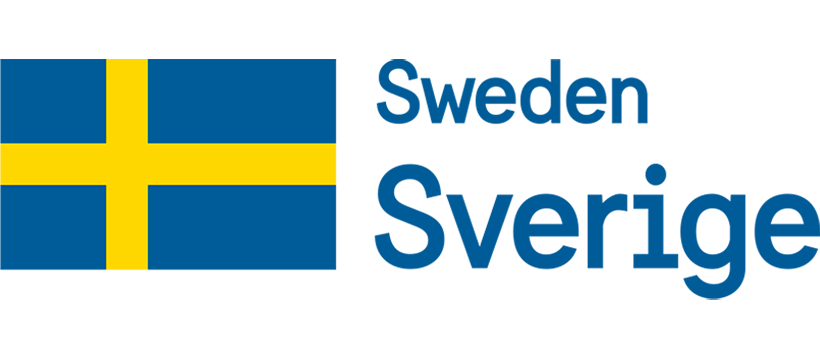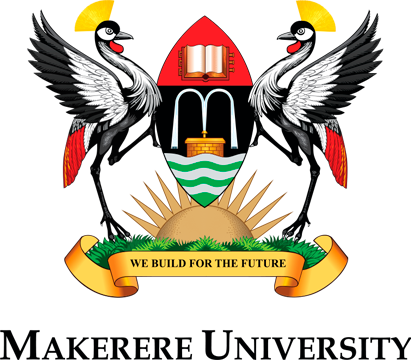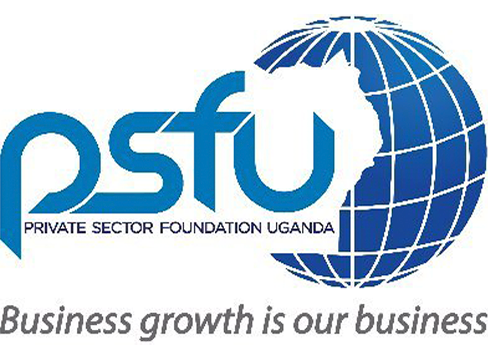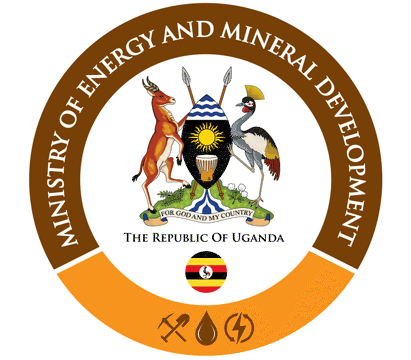
Background

IMEU’s overall objective is to develop sustainable, inclusive markets for appropriate energy efficient (EE) products and services for households, businesses, and institutions in agriculture and the built environment, to enhance livelihoods and increase resilience and competitiveness of businesses in Uganda.
Project scope
The thematic scope of the project focuses on the prioritised agricultural value chains of tea, maize, sunflower and soya bean and the built environment targeting industrial, public, and commercial buildings across 11 districts and three cities in the country.
The geographical scope of the project covers the districts of Bushenyi, Buhweju, Kanungu, and Kabarole,Lira, Oyam, Kole & Dokolo, Wakiso, Kampala, Mukono. Tea will be prioritized for the Western region, sunflower and soya bean for Northern and Maize will cut across all the selected districts.
IMEU Market Development Fund
The IMEU Market Development Fund is a core component under the project aimed at addressing access to finance challenges experienced by Uganda’s budding Energy Service Companies (ESCOs) and Energy Service Provider Companies (ESPCs), reducing their impact.
The MDF is essential to kickstarting the growth of ESCOs and ESPCs and attracting private capital for sustained impact. The fund’s aim is to mitigate risks and eliminate barriers that prevent companies from launching new ventures. It is designed to support all companies meeting basic eligibility criteria and to stimulate access to EE services especially in poorer communities and harder to reach geographies.
IMEU’s MDF support is delivered through three different mechanisms:
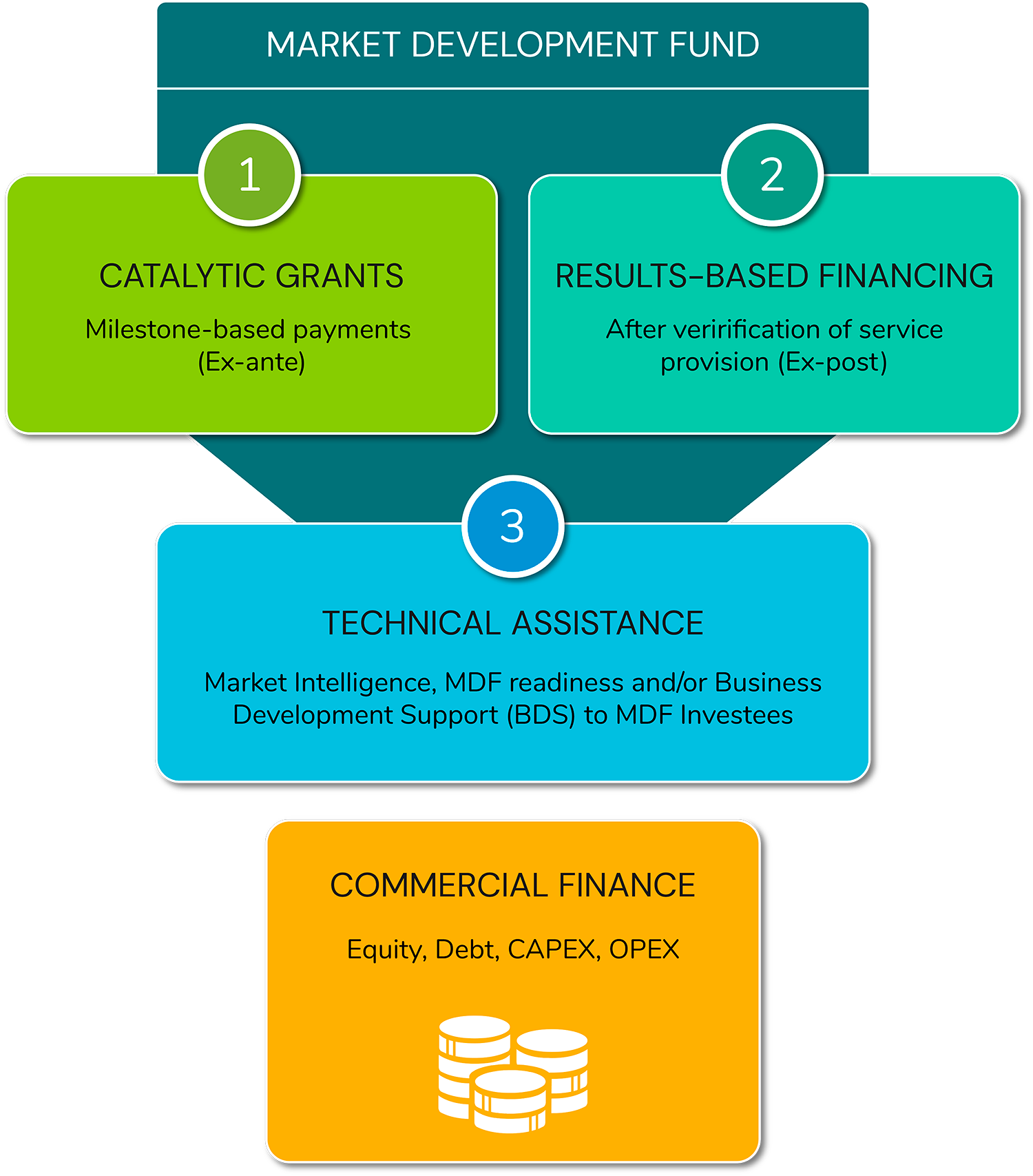

CATALYTIC GRANTS
Under the MDF, agribusinesses and cooperatives in selected value chains and businesses in built environment and social institutions are supported through catalytic grants. Catalytic grants are payments that enterprises are eligible to receive upon verification of pre-agreed milestones. The grant aims at eliminating market barriers that prevent the entities to adopt energy efficient technologies and provide proof of viability of investments in energy efficiency.

RESULTS-BASED FINANCING
Results-Based Financing provides targeted incentives to the Energy Service Provider Companies to deliver energy services to underserved demographics including women and youth. The RBF instrument makes payments once results have been achieved and independently verified.

TECHNICAL ASSISTANCE
Technical Assistance from IMEU enables businesses to articulate short-term needs associated with developing a bankable market strategy that can be supported by the MDF (building pipeline), and then execute their strategy. Delivery of advisory services occurs in a phased manner, primarily through IMEU’s in-house technical team, supported by a pool of short-term experts including local Business Development Support providers, who will provide highly specialised coaching and support, tailored to the needs of the ESCOs and businesses in such areas as tax advisory, legal advisory, waste management, ESCO institutional development, etc.
Project Approaches

Behavioural change communication for increased awareness and mindset change.

Capacity strengthening of energy service companies and businesses.

Applied research and knowledge management.

Policy advocacy and institutional coordination through multi-stakeholder partnerships.

Energy efficiency market development financing.
Key objectives



